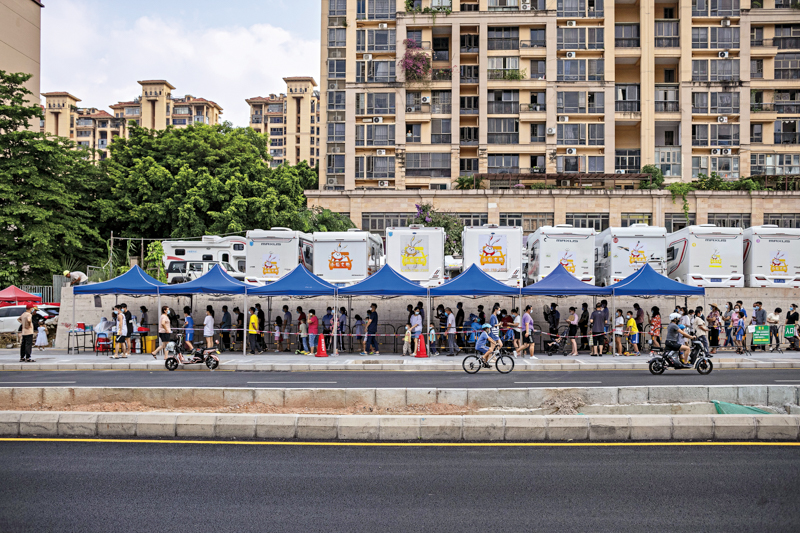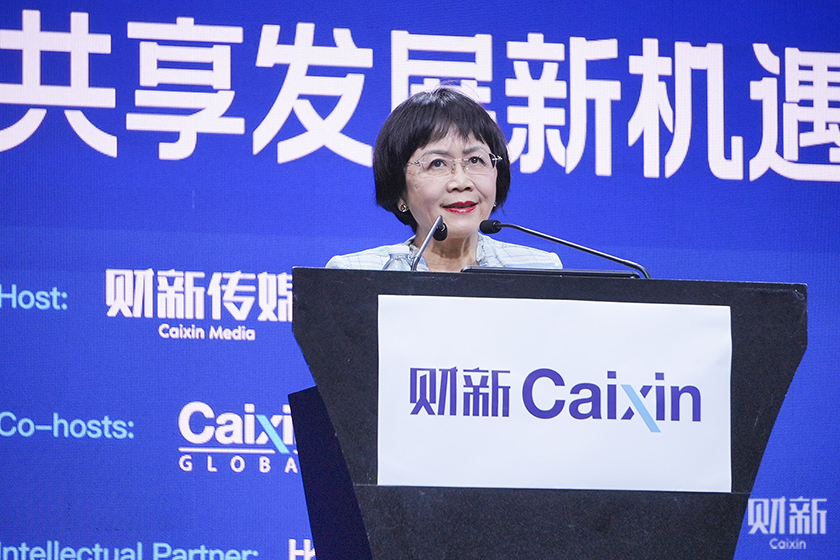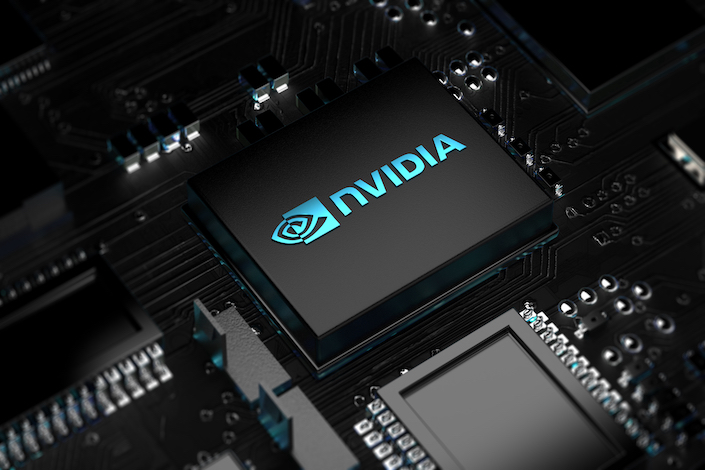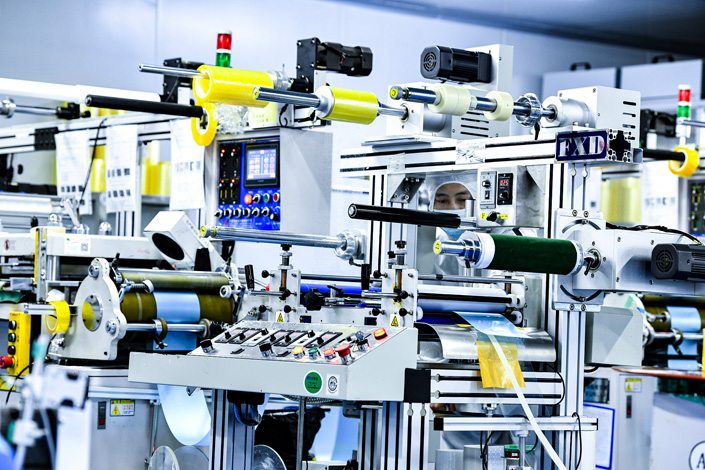
Caixin Global’s Top Stories of the Month newsletter brings you the most popular news coverage over the past month. You can opt in now and get it delivered to your inbox each month for free.
Global business leaders, academics and government officials graced the stage at the 13th Caixin Summit, which took place earlier this month in Beijing, Shenzhen, Singapore and Bangkok. Guest speakers included IMF First Deputy Managing Director Gita Gopinath, Singaporean Senior Minister Tharman Shanmugaratnam, as well as top Chinese economists Yang Weimin and Liu Shijin. They shared insights on topics ranging from multilateralism and climate change to China’s economic outlook and Covid controls.
China’s central government is in the process of easing its strict “zero-Covid” policy with the launch of 20 new guidelines. However, it will take time for the changes to take effect at the grassroots level because when Covid cases surge, local officials tend to tighten controls in a bid to avoid being held accountable.
In the chipmaking industry, U.S. graphics chip giant Nvidia Corp. is dodging U.S. export controls to China with a new custom-made chip to Chinese tech companies. Meanwhile, the German government has blocked a Chinese company from acquiring a local auto chip fab.
# Caixin Summit #
Gallery: Global Solutions Discussed at Caixin Summit

China’s Growth Is ‘Too Slow,’ Says Top State Economist
China’s economy has grown too slowly this year and is not in an appropriate range, Yang Weimin, a member of the country’s top political consultative body, told the 13th Caixin Summit, highlighting the importance of striking a balance between development and regulation, as well as economic expansion and non-economic targets.
“The greatest risk in economic development these days is the too slow growth rate,” Yang said in a video speech to a panel audience in Beijing.
High-quality development should balance quality and quantity, said Yang, a deputy director of the economic committee of the national committee of the Chinese People’s Political Consultative Conference (CPPCC).
IMF Official Says Recalibrating ‘Zero Covid’ Is Critical to China’s Recovery
A recalibration of China’s “zero-Covid” strategy to mitigate its economic impact will be critical to sustaining a balanced recovery in the world’s second-largest economy, a senior International Monetary Fund (IMF) official told the 13th Caixin Summit.
As for the country’s ailing property sector, “urgent action” from the central government is needed to maintain financial stability, IMF First Deputy Managing Director Gita Gopinath said in a video speech at the conference in Beijing.
Singapore Minister Calls for Collective Action for Global Problems
The risks to development have never been greater in the past 40 years, but the conviction in developing shared opportunities through international collaboration has never been weaker, said Senior Minister Tharman Shanmugaratnam.
Tharman, who was the keynote speaker at the annual Caixin Summit at Marina Bay Sands, added that the world is in for a prolonged period of difficulty, fragmentation and vulnerability now, and there is a need to not just avoid the worst, but also to rebuild optimism.
Related
China Should Set GDP Target of No Less Than 5% for 2023, Top State Economist Says
Hu Shuli: Strengthening Connections in a Time of Uncertainties and Anxieties
Overconfidence About Renewables Contributed to China’s Power Crunch Last Year, Ex-PBOC Chief Says
China, U.S. Should Cooperate Like They Did During Global Financial Crisis, Summers Says
# Zero-Covid #

Cover Story: China’s Halting Steps to Dial Back ‘Zero Covid’
As most of the world has largely returned to pre-pandemic life, China is quietly easing its stringent “zero-Covid” policies even as several major cities experience a surge in infections.
In Shijiazhuang, the capital of northern China’s Hebei province about 165 miles south of Beijing, Sun Xin said he could feel the change Nov. 12: Lockdowns of some communities were lifted, and residents didn’t need to show nucleic acid test results to enter public places.
Analysis: Will Scholz’s Visit Help BioNTech’s Covid Shot in China?
Under a collaboration accord between China and Germany reached during German Chancellor Olaf Scholz’s visit to Beijing, BioNTech SE’s Covid-19 vaccine is to be made available to foreigners in China.
The agreement is seen as a potential first step toward offering the advanced mRNA shot more widely across the Chinese mainland. BioNTech’s China partner is Shanghai Fosun Pharmaceutical Group Co.
In Depth: What’s Next for China’s Covid Vaccine Strategy?
China’s announcement to “optimize” its Covid strategy on Nov. 11 gave markets reasons to cheer and even led economics professor Liang Jianzhang to predict in a Caixin opinion piece that authorities would consider a full return to its pre-pandemic state.
The latest Covid response put forward 20 new guidelines including ending the “circuit breaker” mechanism for inbound flights and shortening the quarantine period for overseas travelers.
Related
More Chinese Labs Run Out of Cash as Government Payments Fall Behind
China Loosens ‘Zero-Covid’ Controls on Quarantine, Inbound Flights
China’s Covid Caseload Hits Six-Month High as Big Cities Suffer Flare-Ups
# Chipmaking #

Analysis: Will Nvidia’s Custom-Made New Chip for China Work?
U.S. graphics chip giant Nvidia Corp. is dodging U.S. export controls to China by offering a new advanced but reduced-speed chip in place of one that’s widely used by Chinese tech companies.
The A800 GPU, or graphics processing unit, serves as an alternative to the A100 model, which the U.S. Commerce Department added to an export control list last month. Industry analysts said they expect the alternative chip’s computing performance to meet most application scenarios and will make for up some of Nvidia’s lost sales to China.
Germany Blocks Chinese Acquisition of Auto Chip Fab
The German government has blocked a subsidiary of Chinese chipmaker Sai Microelectronics Inc. from acquiring a car chip fab in the western German city of Dortmund, according to an exchange filing.
Elmos Semiconductor SE was planning to sell the production line, which manufactures 350-nanometer chips used mostly in automobiles, to Sweden-based Silex Microsystems AB, a Sai Microelectronics unit.
Chinese Chip-Wafer Maker Hua Hong Files for $2.5 Billion Shanghai IPO
The Hong Kong-listed shares of Hua Hong Semiconductor Ltd. rose 17% after the world’s sixth-largest contract semiconductor-wafer maker filed for a hometown listing on Shanghai’s high-tech board.
If successful, the 18 billion yuan ($2.5 billion) deal would be the third-biggest IPO ever on the STAR Market after Hua Hong’s bigger domestic peer Semiconductor Manufacturing International Corp. (SMIC) and biotech firm BeiGene Ltd., which raised 53.2 billion yuan and 22.2 billion yuan in their respective flotations in 2020 and 2021.
# Weekend Long Read #

Can Anyone Replace China as the World’s Factory?
Over the past decade, economic and geopolitical factors have challenged China’s status as the world’s factory.
From the mid-2000s to around 2017, economic factors were the dominant ones behind this change. These included rising labor costs, an appreciating yuan, growing land and environmental costs and excess production capacity in certain industries. It can be argued that these factors caused some key domestic industries to go overseas.







